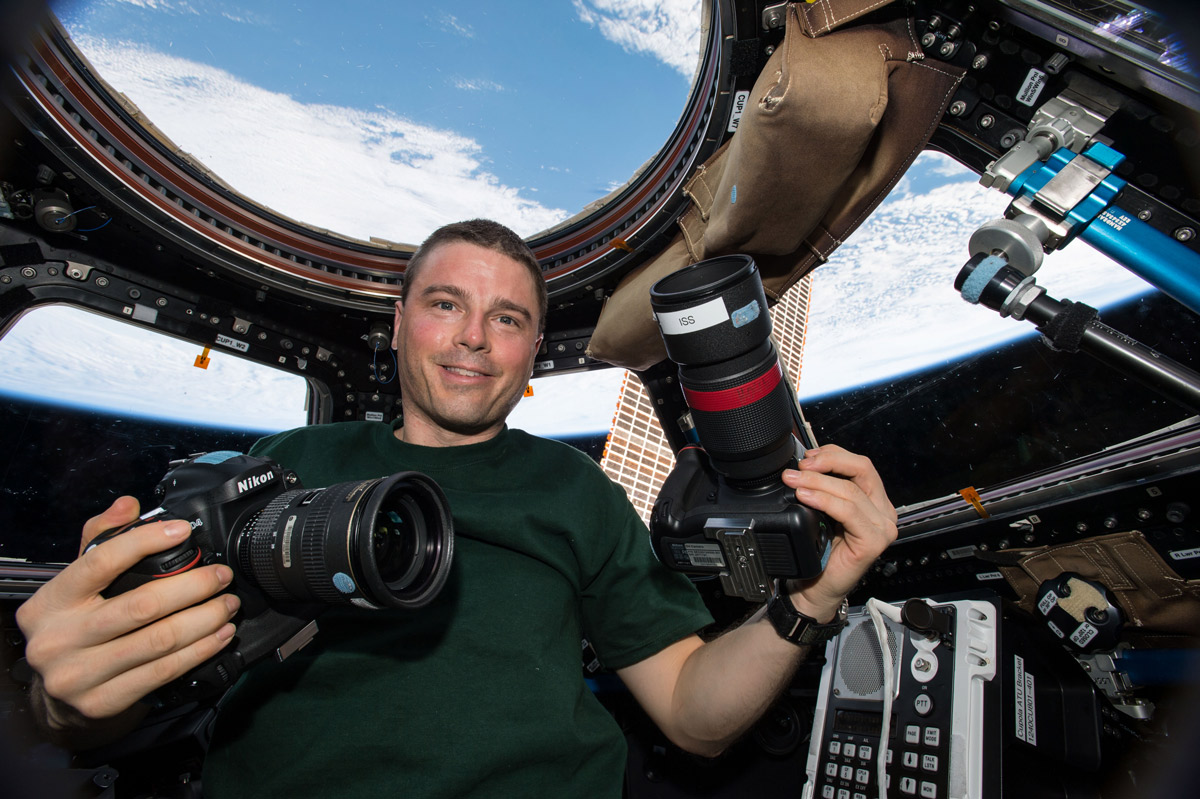
Look At This
Drowned Out
People are noisy and that’s bad news for whales.

Put on your headphones
If you’re a whale, you use your ears to navigate. Unfortunately, humans can have a hard time seeing all the noise they make, and what it’s doing to the world of sound.
Christopher Clark can explain. He’s a senior scientist in bioacoustics at the Cornell Lab of Ornithology and is part of a “listening culture” of scientists. And he knows a lot about whales.
This is an audio story about listening. To occupy your eyes: A NASA visualization of ocean surface currents around the world — because, if you’re a whale, that’s your home.
Some people are trying...
At the urging of scientists like Clark, the International Maritime Organization issued guidelines to shipbuilders last year encouraging them to build quieter ships. These include new designs for propellers and hull shapes that make ships quieter, as well as tips for maintaining ships in ways that reduce vibration that causes sound.
Help more people see this story
Help more people see this story
Did you like this story?
We'd love to know why
Project Credits
Interview and reporting by Chris Joyce/NPR and Bill McQuay/Cornell Lab of Ornithology
Produced by Tyler Fisher, Becky Lettenberger, Wes Lindamood, Claire O'Neill
Video: Perpetual Ocean, NASA/Goddard Space Flight Center Scientific Visualization Studio
Music: Heliograph and Cylinder Two by Chris Zabriskie
Resources: Cornell Lab of Ornithology Bioacoustics Research Program, Cornell Lab of Ornithology Macaulay Library Sound Archive, Cornell Lab of Ornithology

Up Next